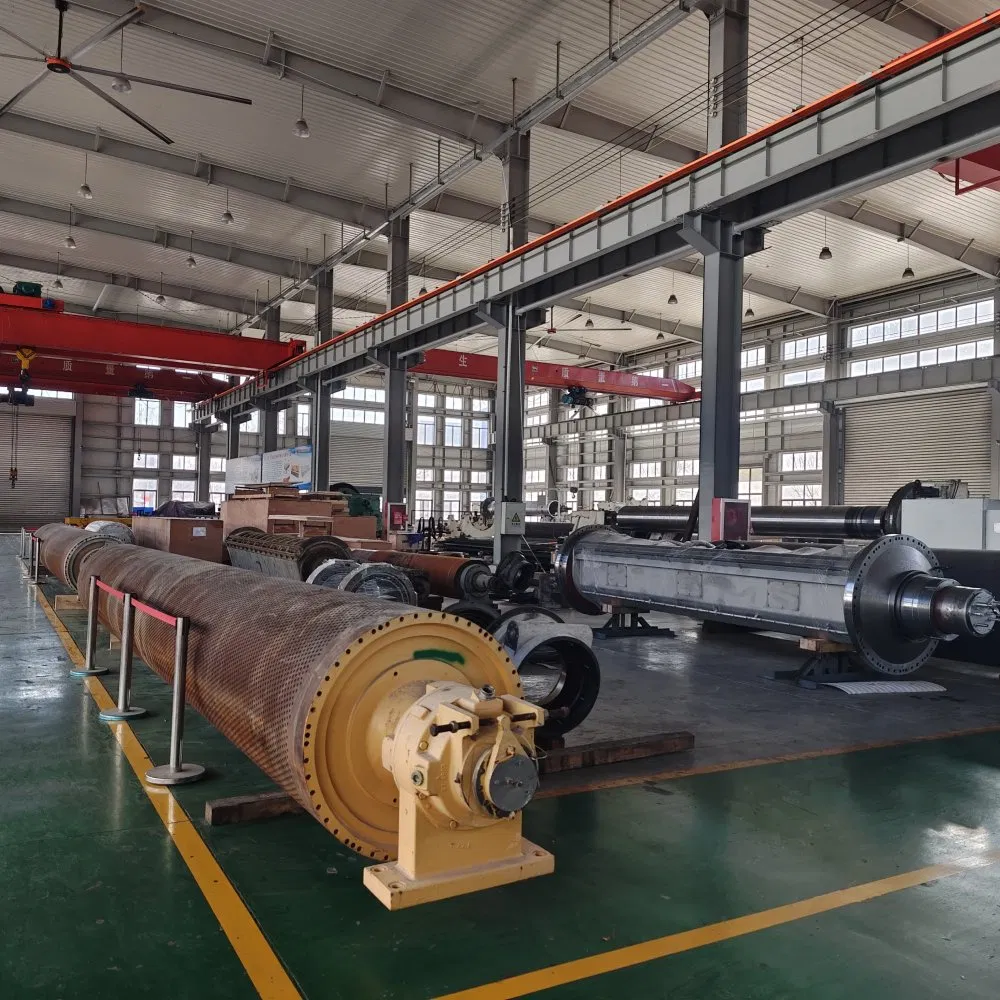Understanding Calendar Rolls
In the paper manufacturing industry, calendar rolls play a crucial role in the final stages of paper production. They are specialized rolls installed in paper machines, responsible for imparting a smooth and glossy finish to the paper surface. Calendar rolls come in different sizes, shapes, and configurations, depending on the specific paper type and finish required.
Functions of Calendar Rolls
The primary functions of calendar rolls include:
- Improving paper surface quality: Calendar rolls press the paper between two rolls, reducing its thickness and enhancing its smoothness and gloss.
- Increasing paper strength: The compressive forces applied by calendar rolls increase the paper's density and improve its tensile strength.
- Enhancing printability: A smoother paper surface allows for better ink holdout and improved print quality.
Types of Calendar Rolls
There are two main types of calendar rolls:
- Hard Nip Calendar Rolls: These rolls have a small diameter and a high nip pressure, resulting in a high-gloss finish and improved paper density.
- Soft Nip Calendar Rolls: These rolls have a larger diameter and lower nip pressure, producing a lower-gloss finish and maintaining paper bulk.
Benefits of Calendar Rolls in Paper Machines
Some of the key benefits of using calendar rolls in paper machines include:
- Improved paper surface quality: Calendar rolls help produce paper with a uniform, smooth, and glossy finish, enhancing its aesthetic appeal.
- Increased production efficiency: By improving paper strength and printability, calendar rolls contribute to higher production efficiency and reduced waste.
- Versatility: With different types of calendar rolls available, paper manufacturers can achieve a wide range of paper finishes and properties to meet various market demands.



